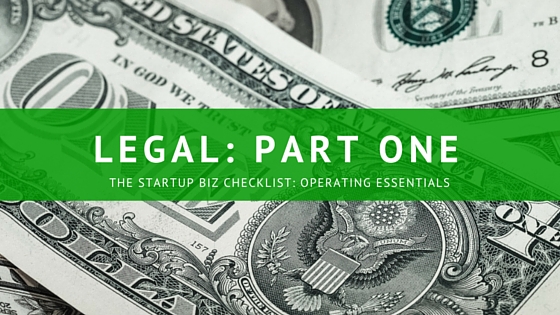
Raising startup funds from friends and family often seems like the logical first step for a new business to raise money. After all, you will be hard pressed to find an investor who is willing to shell out funds when your whole business is simply a couple motivated people with a great idea. However, accepting money from friends and family is not as straightforward as it may seem. This article discusses various options for structuring an investment from friends and family.
There are numerous different instruments that can be used to raise money from friends and family. These instruments include debt, equity, or a combination of both debt and equity (see this article for information on debt vs. equity). All debt or equity transactions implicate securities laws, so entrepreneurs raising money through debt or equity will generally need to find exemptions from securities registration requirements (see this article for information on common federal securities exemptions and this article for information on common California securities exemptions). Each approach to a friends and family transaction has significant advantages and disadvantages. Below are a few of the options. These options assume that your business is set up as a corporation, but similar concepts could apply to a Limited Liability Company or similar entity.
It is possible to simply issue common stock to friends and family in exchange for money, but there is a big risk that this seemingly straightforward transaction will have significant negative consequences for your business. The big issue with just providing common stock in exchange for money from a friend or family member is that you are essentially valuing your company at the time of the transaction, which you generally want to wait to do.
For example, when a family member gives you $20k in exchange for 5% of the common stock in the company, you are placing a value of $400k on your company.
This approach has two downsides for the company. First, a premature high valuation can have significant consequences for the business. This can include challenges with both raising future financing and issuing stock options to employees and consultants, as there would be major tax consequences if future stock is issued at a price lower than the value you have previously established.
A second downside with giving common stock to friends and family is that, as owners of the business, they will have certain rights including the right to vote on major decisions, the right to inspect the company’s books, and others. This may prove problematic if the friend or family member is not a good fit for the team or does not provide much value to the business.
For these reasons, it is generally not advisable to simply give common stock in exchange for money from friends and family.
Stay tuned for Part Two and Three of this blog series. This article was contributed by our friends at SPZ Legal. To discuss various options for structuring an investment from friends and family, please contact them for more information.